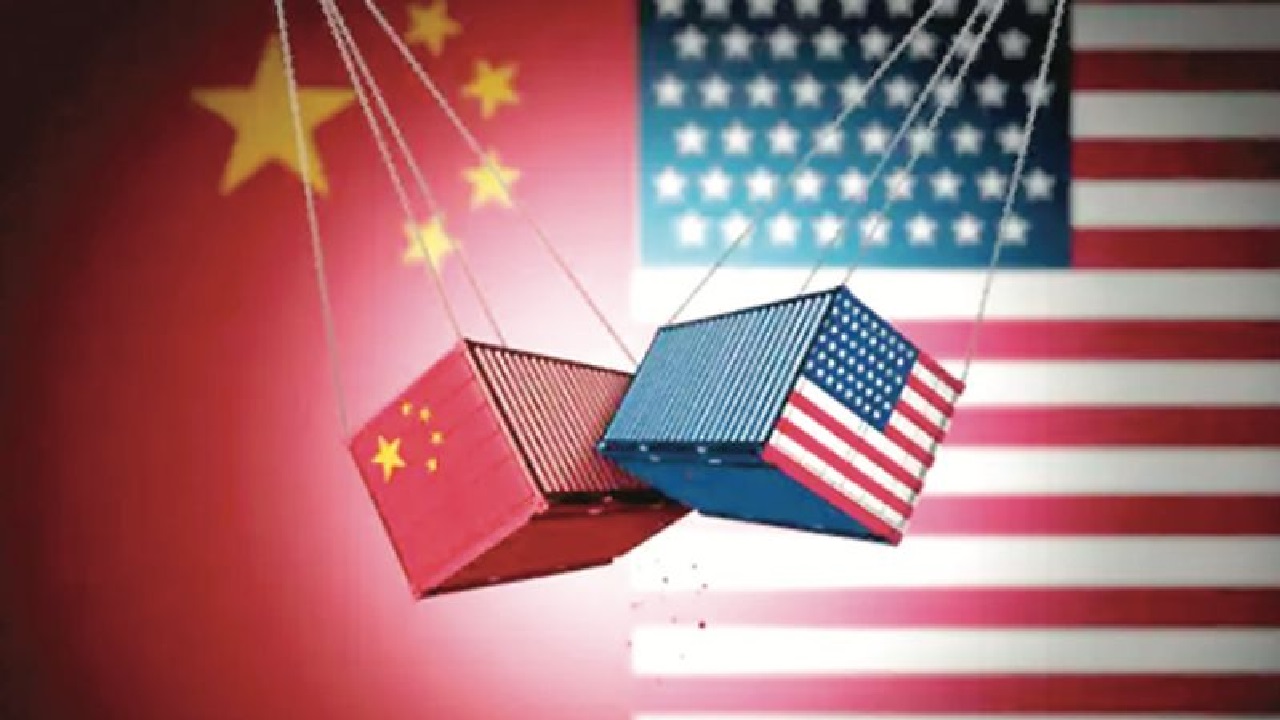The Trade War That Shook the Globe
In a stark escalation of the US-China tariff standoff, China has issued a pointed warning to countries considering trade agreements with the United States that compromise Beijing’s interests. This latest move underscores deepening tensions in a global trade war that has disrupted markets and strained diplomatic ties. The Trump administration’s aggressive tariff strategy has led to sweeping levies on goods, and China is making it clear that any alliance that tilts toward Washington at Beijing’s expense will not go unchallenged.
US Tariff Blitz and China’s Counterpunch
The tariff war began when US President Donald Trump imposed sweeping 10% tariffs on global imports, while Chinese goods were hit even harder—with levies reaching up to 145% on certain items. Beijing responded in kind, slapping duties as high as 125% on US products, effectively locking both nations into a tit-for-tat economic conflict.
In recent months, the US has pursued separate tariff negotiations with several countries, prompting concerns in Beijing. Reports suggest Washington may pressure its trade partners to reduce their dealings with China, tying preferential tariff terms to limited engagement with the Chinese economy.
Beijing’s Firm Stand: A Message to the World
In a statement on Monday, China’s Commerce Ministry made its position unmistakably clear: any country seeking short-term benefits with the US at China’s cost would be making a grave miscalculation. “Appeasement will not bring peace, and compromise will not be respected,” a ministry spokesperson warned, evoking strong imagery by likening such trade-offs to “seeking the skin of a tiger.”
China further accused the US of “abusing” the idea of reciprocal tariffs under the guise of fairness, while using coercive tactics to restructure global trade dynamics in its favor. According to the ministry, Beijing will not tolerate backdoor deals that undermine its economic sovereignty and will “resolutely take reciprocal countermeasures.”
Global Stakes and Strategic Posturing
The implications of this standoff extend far beyond the borders of the US and China. The global economy remains jittery, with fears of recession triggered by disrupted supply chains and volatile markets. Countries considering trade deals with the US now face a dilemma: align with Washington and risk China’s retaliation, or attempt a neutral path in an increasingly bipolar trade world.
Beijing’s rhetoric also hints at its long-term strategy of building alliances with like-minded nations to resist what it calls “unilateralism and protectionism.” China emphasized its capability to protect its interests and willingness to strengthen solidarity with other nations seeking a balanced global trade order.
A Global Crossroads
As tensions escalate, the international community finds itself at a critical juncture. Experts warn that continued escalation without coordinated diplomacy could permanently reshape the global economic landscape. Many advocates for multilateral dialogue as the only viable solution to avoid deeper economic fragmentation.
China’s defiant stance signals that it will not quietly accept diplomatic isolation or economic marginalization. For nations caught in the middle, the challenge will be navigating a path that serves their economic interests without triggering retaliation from either side in this high-stakes global faceoff.
(With inputs from agencies)








